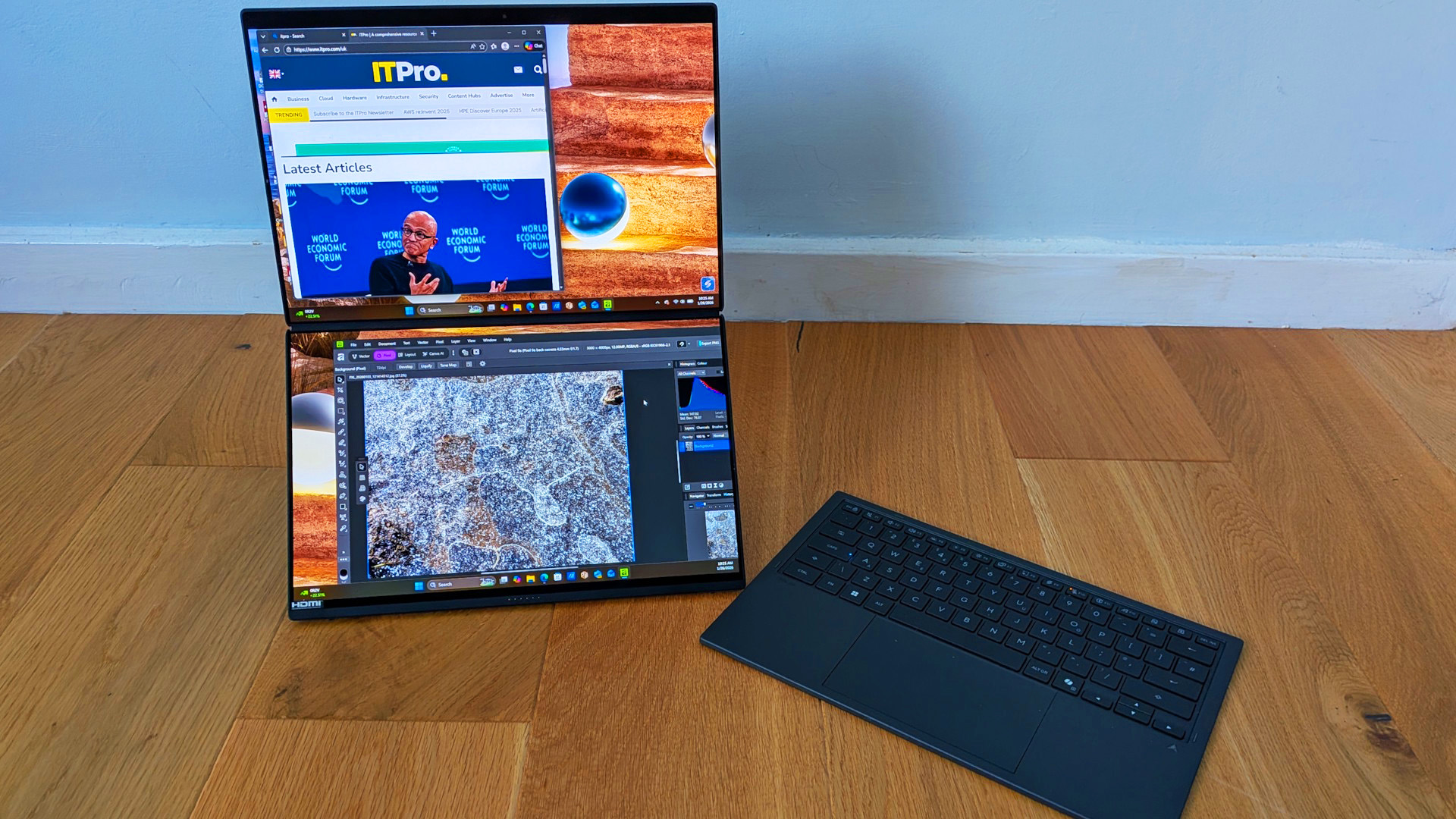What's happened to Sony Ericsson?
As Sony Ericsson's profits crumble, we ask what's become of the formerly profit making company and look at what it needs to do to recover.


Last month, electronics and entertainment giant Sony reported that its last quarter profits had tumbled to 35 billion yen (164 million) in this quarter, down from 66.5 billion yen (311 million) at the same time last year.
Significantly, the finger for much of this loss had been pointed at the door of its once golden phone division, Sony Ericsson.
The history
Just a short few years ago, things were looking very good for the phone operation. It was started as a joint venture between consumer electronics giant Sony and Swedish telecommunications company Ericsson in 2001. While Sony was known for its design nous, it lacked knowledge of the communications sector. Equally, while Ericsson had good engineering knowledge, its phones were rather stylistically challenged - to put it politely - and it had seen heavy losses. A coming together made a lot of sense for both.
Early results were very positive and, before long, Sony Ericsson was making serious indents in the market share of the likes of Nokia and Motorola.
By mid-2004, it had posted its fourth quarterly profit in a row and by January 2005 its profits were reported to have leapt 28 per cent. There was a slump later in 2005, but by the first quarter of 2006 the news was still good, with profits continuing to rise and it had a healthy optimistic view of the global market particularly for 3G handsets.
However, recently things have not gone so well for the joint mobile phone operation. In 2007, it began to struggle. Profits started to slide as average selling prices of its handsets began to drop.
Sign up today and you will receive a free copy of our Future Focus 2025 report - the leading guidance on AI, cybersecurity and other IT challenges as per 700+ senior executives
In June of this year, however, it revealed that its profits for the first quarter had crumbled by a massive 98 per cent, and in July this was followed by the announcement that it was to shed 2,000 jobs. Meanwhile, its overall position had dropped from the fourth-largest handset maker to the fifth.
What's gone wrong
The question has to be asked then, what's happened to Sony Ericsson?
Matthew Costello, head of corporate strategy, development and planning at Sony Ericsson makes no bones of the fact that the company is struggling right now. In an interview with IT PRO, he placed the blame on the current economic downturn, which has softened the market for the company's higher end devices.
"I think there's no question that this is a competitive industry," he says. "In the last six months, the events in the global market place has exposed our position in not having a ready-to-go entry level propositions, which we've been working on for two years with Sagem.
"The market downturn has been ill-timed with the ramp up of our entry portfolio, aimed at markets such and India and China, and only in six months will it be ready to bear fruit." Analysts agree that the brand is suddenly struggling to stand out in the market. "On the face of it, Sony Ericsson looks very strong as a brand," says Rob Bamforth, principal analyst at Quocirca. "Ericsson is strong on the radio side and Sony has always been strong on design and it has had good success in music.
"However, the competition is hotting up and the likes of Samsung and LG are improving their quality on both the engineering and style front. At the high-end the likes of RIM has been able in strengthen its brand and there's also the effect from Apple. As a result a lot of the Sony Ericsson brand appeal has been diluted."
As Bamforth observed, while Sony Ericsson has been focussing on its Walkman line of consumer devices, Apple is a company now more strongly associated with music.
Benny Har-Even is a twenty-year stalwart of technology journalism who is passionate about all areas of the industry, but telecoms and mobile and home entertainment are among his chief interests. He has written for many of the leading tech publications in the UK, such as PC Pro and Wired, and previously held the position of technology editor at ITPro before regularly contributing as a freelancer.
Known affectionately as a ‘geek’ to his friends, his passion has seen him land opportunities to speak about technology on BBC television broadcasts, as well as a number of speaking engagements at industry events.
-
 Infosys expands Swiss footprint with new Zurich office
Infosys expands Swiss footprint with new Zurich officeNews The firm has relocated its Swiss headquarters to support partners delivering AI-led digital transformation
-
 Asus Zenbook DUO (2026) review
Asus Zenbook DUO (2026) reviewReviews With a next-gen processor and some key design improvements, this is the best dual-screen laptop yet
